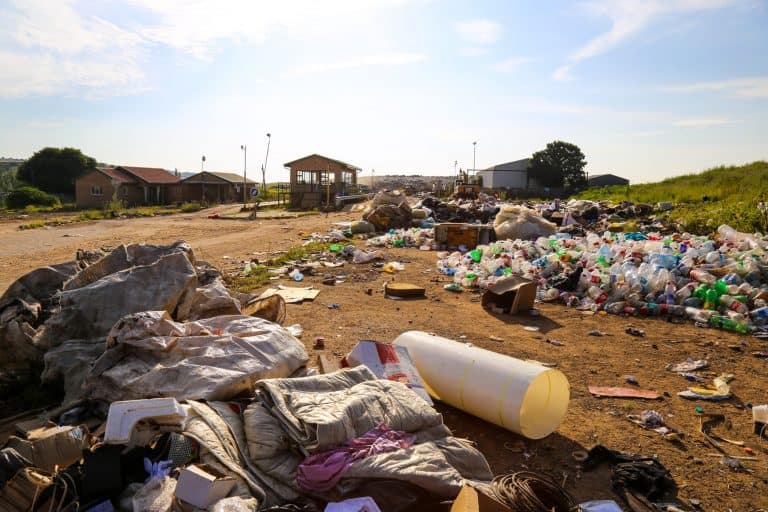Tshwane strike: AfriForum demands that SAPS ensure the safety of refuse removal workers
The civil rights organisation AfriForum sent a letter to the South African Police Service (SAPS), the Minister of Police and the Police Commissioner today in which it demands that these parties provide proper security to refuse removal workers in the Tshwane Metro.
According to Johan Kruger, Strategic Adviser at AfriForum, the SAPS is hopelessly failing in its obligations to maintain safety and punish illegal strikers. Kruger adds that in terms of an existing interdict, the SAPS must ensure that safety is maintained during the ongoing illegal strike.
The SAPS clearly cannot keep the illegal strikers in check. Strikers continue to set refuse removal trucks and dumpsites on fire, creating unsafe conditions for refuse removal workers and at landfill sites. AfriForum’s court application demands, among other things, that the SAPS must immediately intervene in illegal strikes and that the safety of non-striking employees will be ensured. Strikers must also be forced to obey court orders to avoid illegal strikes and damage to private and public property.
According to Kruger, the South African Municipal Workers’ Union (SAMWU)’s illegal strike and the union’s inability to control its members’ actions are the reason for the large-scale damage that the Tshwane Metro and various private institutions have suffered in recent weeks. “SAMWU and its members’ sabotage and criminality belong on the garbage dump. The SAPS must ensure that this action is stopped by taking strong action now,” Kruger concludes.
Kruger insists that the SAPS must intervene now, arrest violent individuals and ensure that extra manpower is mobilised in areas where violence occurs. He also says that AfriForum’s branch structures will continue to remove refuse. AfriForum has already removed refuse in several neighbourhoods in the city in the past few weeks, sometimes under armed escort. Finally, AfriForum demands that a plan be drawn up to ensure the safety of employees and the public at potential points of violence.











